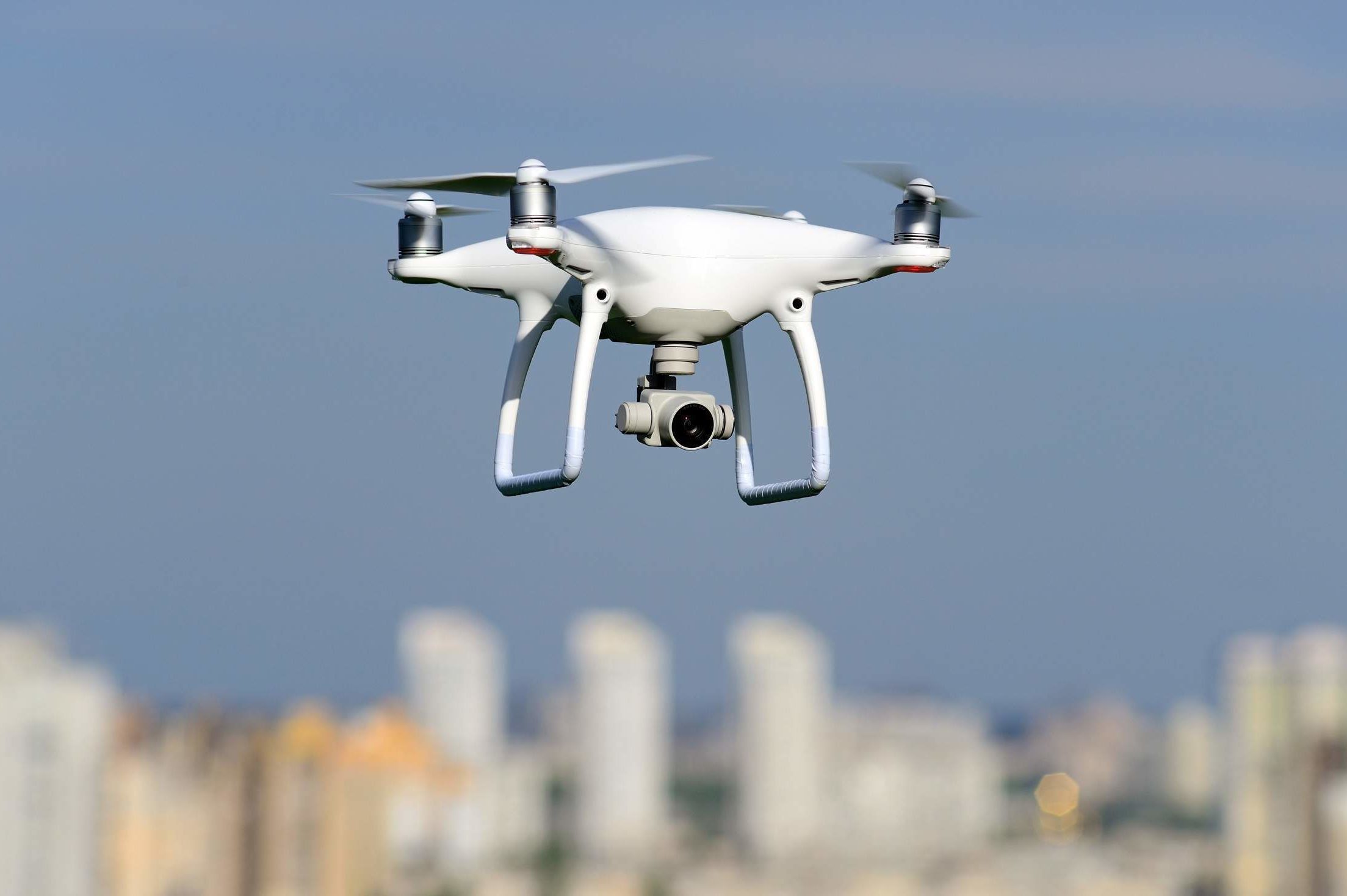
With Amazon trailing a drone delivery service, and drone taxis predicted to take to the UK skies by 2022, unmanned aerial vehicles (UAVs) are seeing some exciting developments.
However, as well as having numerous economic, transport, security, environmental and productivity applications, they also raise a number of safety concerns.

Access deeper industry intelligence
Experience unmatched clarity with a single platform that combines unique data, AI, and human expertise.
Earlier this year, a drone pilot caused alarm by flying a remote-controlled drone just three metres away from a Virgin Atlantic plane as it came into land at London’s Heathrow Airport.
As a result of this and other incidents, there have been calls for greater regulation of the technology. Although individual countries have UAV regulation in place, until now no global regulation has existed.
Drone safety standards
After several years of global collaboration between standards institutions from across the world, the International Standards Organisation has released the first ever universal standards for drone operation.
Covering surface, underwater, air and space drones, the regulation is the first important step in the standardisation of the global drone industry, ensuring that drones are used safely and effectively.

US Tariffs are shifting - will you react or anticipate?
Don’t let policy changes catch you off guard. Stay proactive with real-time data and expert analysis.
By GlobalDataPWC recently predicted that the UK aerial drone industry will contribute £42bn and 628,000 jobs to the UK economy by 2030, while Goldman Sachs estimate that drones worldwide could evolve into a $100bn market by 2020.
The ISO believes that this will be accelerated by a “background of reassurance on safety and security” created by the new standards, encouraging more industries to adopt drone technology.
The ISO Draft International Standards for Drone Operations have been formally released today for public consultation, with drone professionals, academics, businesses and the general public invited to submit comments by 21 Jan 2019. Final adoption of these Standards is expected in the US, UK and worldwide in 2019.
Safety, privacy and social responsibility
Today’s announcement is the first in a series of regulatory changes related to aerial drones, with the next three addressing general specifications, manufacturing quality and unmanned traffic management.
A prime focus of the ISO Standards is air safety, after recent incidents involving drones and airports and other sensitive locations highlighted the need for regulation in this area. The new standards set out an ‘etiquette’ for drones which promote and reinforce the observance of no-fly zones, local regulation, flight log protocols, maintenance, training and flight planning documentation.
The standards are also set to address public concerns surrounding privacy and data protection. Under the regulations, operators must have appropriate systems to handle data when flying. The hardware and software of all related operating equipment must also be kept up to date.
Social responsibility is another key area, intended to promote the responsible use of a technology that aims to improve and not obstruct everyday life, and protect against ‘rogue’ drone use including using the technology to conduct illegal activities such as delivering drugs to prisoners or spying on people.
Robert Garbett, convenor of the ISO Working Group, chairman of the BSI Committee for UK Drone Standards and founder of Drone Major Group said:
“Drones represent a global phenomenon and an unprecedented economic opportunity for any country which embraces the technology. It’s very encouraging that the UK Government is a world leader in recognising the importance of this vital business sector. Informed by the first drone Standards, it is expected that the forthcoming UK Drone Bill*, due in early 2019 will create a regulatory framework that allows the industry to flourish in an environment that is both safe and responsible.
“My conversations with drone buyers, manufacturers, users and the wider public indicate that these Standards are warmly and enthusiastically welcomed by all. I would encourage all those with an interest in drones to engage with the consultation process so that no stone has been left unturned in our quest for the creation and adoption of best-practice drone Standards.”







